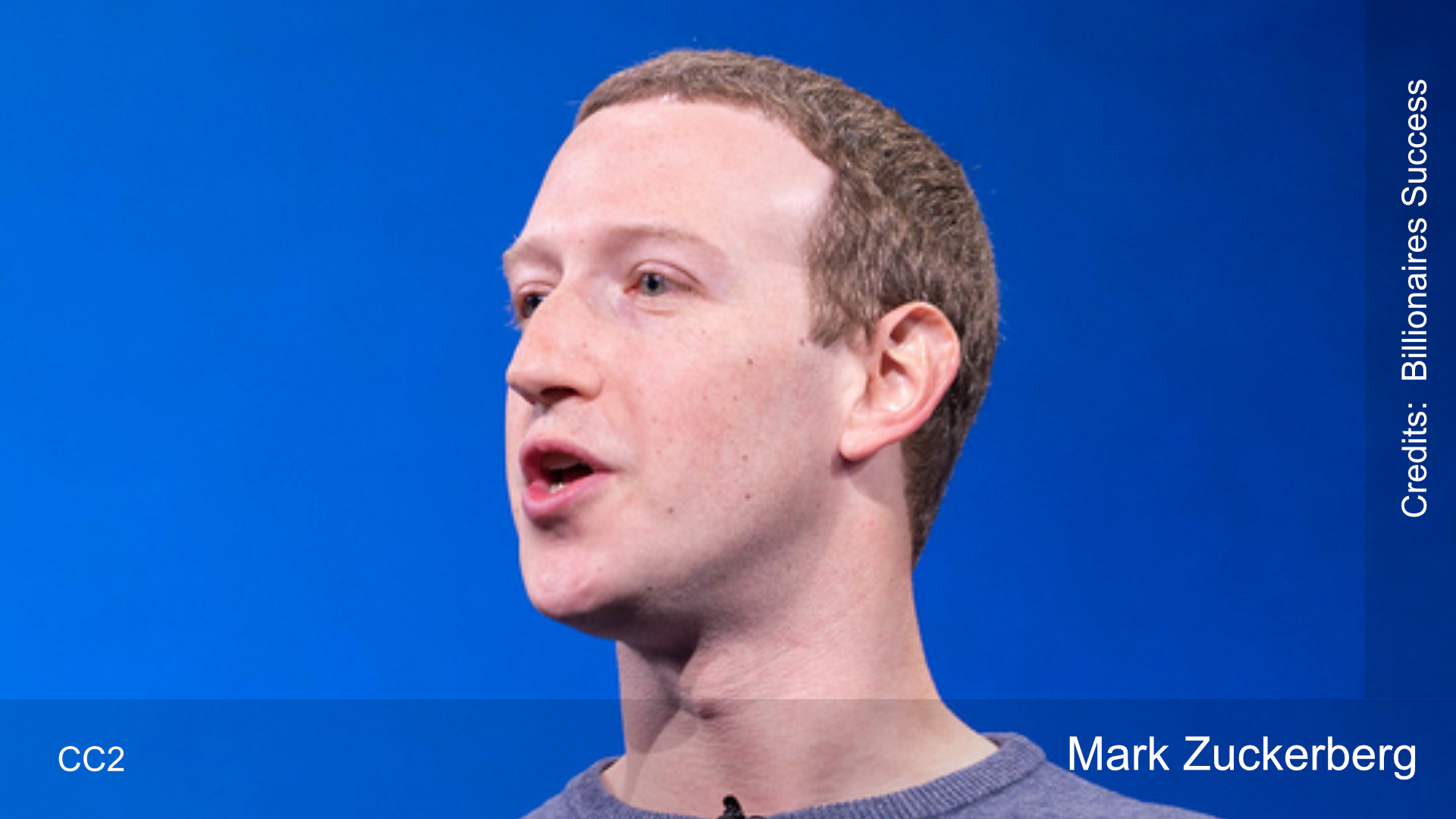The Supreme Court previously ruled that plaintiffs challenging the government’s influence on social media lacked standing, as they couldn’t establish a direct link between the government’s actions and platform decisions. Despite this, documents from a related lawsuit revealed the extent of governmental influence, including requests to remove specific posts and censor individuals like Tucker Carlson and Robert F. Kennedy, Jr.
- Supreme Court Ruling on Standing: The Court previously ruled that plaintiffs could not prove a direct link between government influence and social media platform decisions, limiting their legal standing.
- Revealed Government Influence: Lawsuit documents indicate that the government requested tech platforms to censor specific individuals and content, including posts by public figures like Tucker Carlson and Robert F. Kennedy, Jr.
- Zuckerberg’s Response: Amid scrutiny, Zuckerberg stated that Facebook will no longer demote content pending fact-checking in the U.S., aiming to uphold content moderation standards free from outside influence.
- Debate on Platform Independence: The revelations have fueled discussions on whether tech companies should remain independent in content moderatio
Zuckerberg’s acknowledgment comes amid growing scrutiny of tech companies and their role in moderating content. He stated that Facebook would no longer demote content in the U.S. while awaiting fact-checker reviews, emphasizing a commitment to maintaining platform standards free from external pressures. His comments reflect a broader debate on the balance between government influence and platform independence in content moderation.
These revelations have sparked renewed discussions about the role of tech companies in shaping public discourse and the potential for regulatory reforms. Critics argue that platforms should operate with greater transparency and accountability, while supporters emphasize the challenges of moderating vast amounts of content without external guidance.
The Biden Administration and Social Media Influence: A Look at Governmental Intervention
In recent years, the relationship between government and social media companies has become a controversial topic, with reports suggesting that the Biden administration and various federal agencies, including the CIA, have played active roles in shaping social media policies. Through advisories, recommendations, and even alleged content moderation directives, government influence has seemingly extended into the digital world. Below, we explore the complexities of this relationship.
The Biden Administration’s Engagement with Social Media Companies
The Biden administration has been vocal about the issue of misinformation, especially around sensitive topics such as COVID-19 and election integrity. As part of this stance, administration officials reportedly engaged with social media companies like Facebook, Twitter, and YouTube to address what they described as harmful misinformation on these platforms.
Publicly, administration officials have stated that they wanted to limit content that might contribute to public health risks, arguing that misinformation around topics like vaccines was dangerous. Behind closed doors, some reports suggest the administration identified specific posts and accounts as harmful, encouraging social media companies to take action. While the White House described these efforts as necessary oversight to ensure public safety, critics argue that it edges into censorship territory, raising questions about the extent of governmental influence over free expression.
Federal Agencies and Social Media Oversight
In addition to the administration’s involvement, other federal agencies have also been reported to have a hand in guiding social media moderation policies. Notably, the FBI, DHS, and CIA each appear to have engaged with social media companies in varying capacities.
- FBI and DHS’s Role in Election-Related Concerns
Internal documents and whistleblower testimony indicate that the FBI and DHS held regular discussions with social media companies, particularly concerning election security. Officials reportedly warned these companies to watch for disinformation campaigns that could impact voter behavior or foster unrest. While some say these meetings were essential for national security, others view them as potentially suppressing legitimate speech on politically sensitive topics. - CIA’s Influence on Foreign Affairs Content
The CIA has traditionally been involved in international propaganda and counter-disinformation efforts. While it has not been confirmed that the agency directly influences domestic social media content moderation, the CIA’s focus on limiting disinformation from foreign sources likely impacts what content is available to U.S. audiences as well.
Navigating Public Safety and Free Speech
The administration and federal agencies argue that their actions are necessary to curb harmful misinformation that could affect public safety. For example, during the COVID-19 pandemic, many contend that quick responses to health misinformation were crucial to saving lives. However, critics argue that these interventions set a precedent where government pressure on private companies can easily escalate into broader censorship.
Potential Future Implications
The relationship between social media and government intervention raises several ongoing concerns:
- First Amendment Implications: There is an ongoing legal debate over whether social media moderation influenced by government pressure could infringe on First Amendment rights.
- Transparency and Public Trust: The opacity surrounding the relationship between government and social media companies has contributed to a climate of distrust, with many Americans questioning the neutrality of digital platforms.
- Legislative Oversight: Lawmakers have begun investigating the extent of these relationships, and some are advocating for clearer guidelines around how federal agencies and administrations can engage with social media companies.
Moving Forward
The administration and federal agencies’ influence over social media companies highlights a complex intersection of public safety and free speech rights. As government agencies continue to engage with digital platforms, questions about the limits of their influence and the importance of transparency will remain central to the conversation.







Be First to Comment